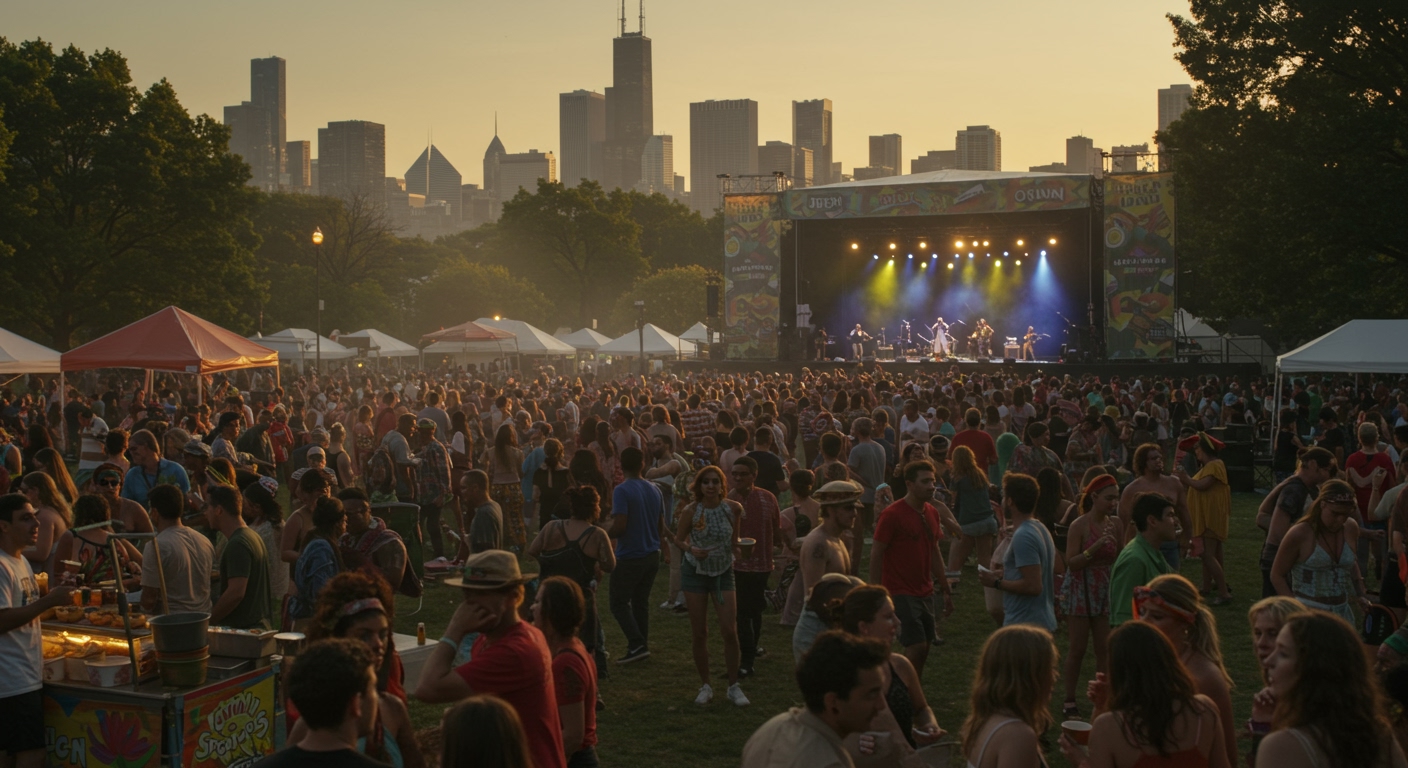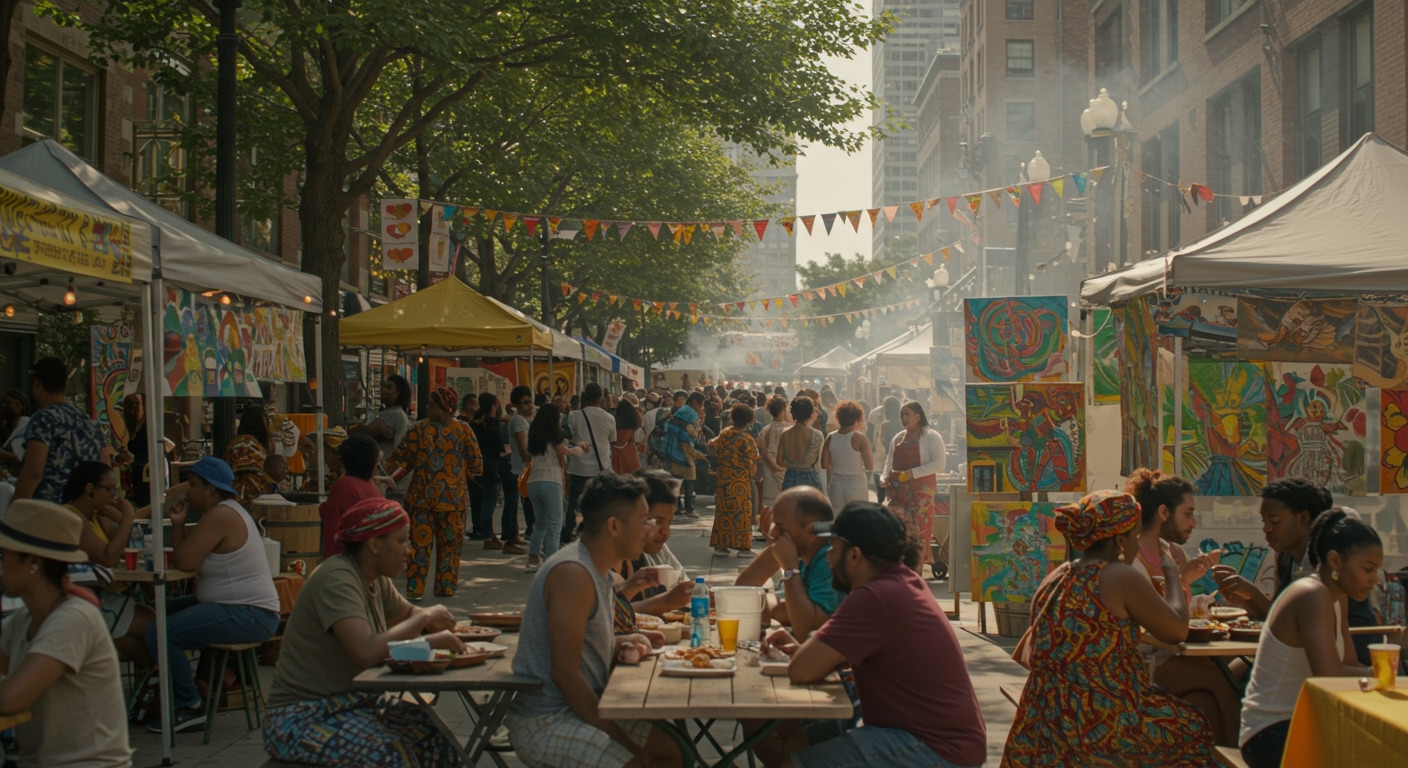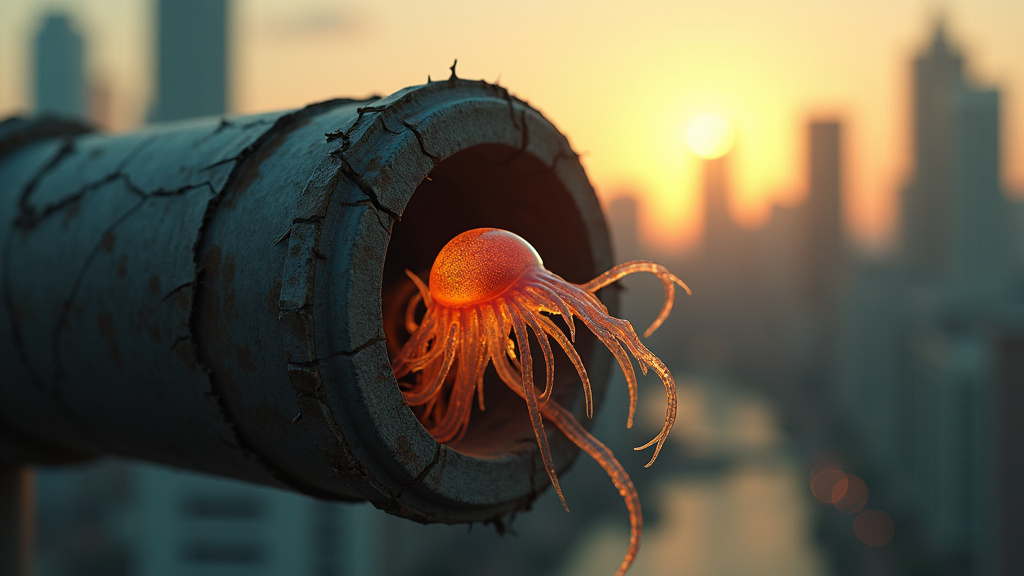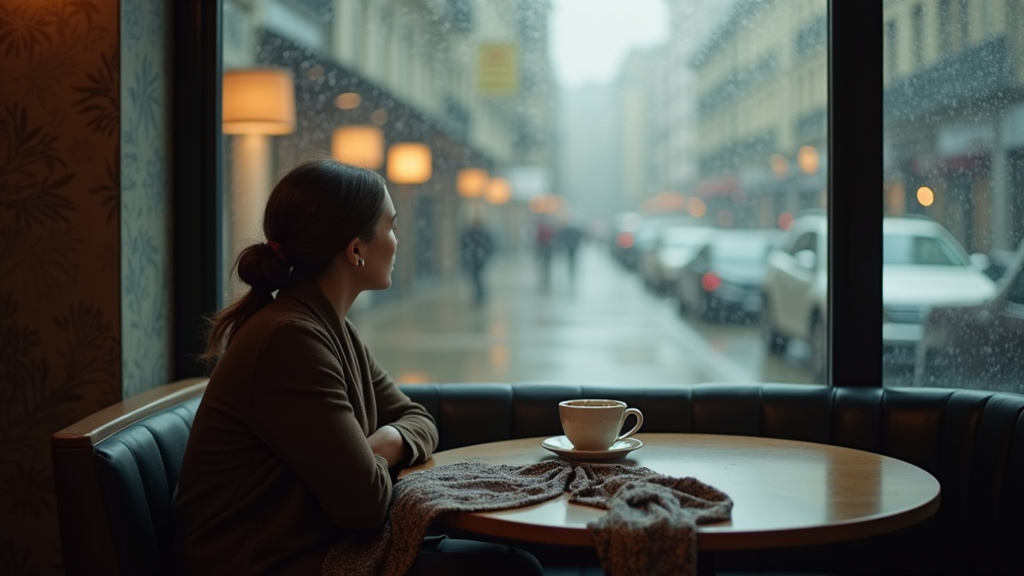Chicago, IL – FashionChicago, Inc., the organizing body behind the city’s premier fashion event, Chicago Fashion Week (CFW), has revealed significant plans for its 2026 iteration. In a strategic move set to elevate the event’s profile and cultural integration, CFW 2026 will feature a landmark partnership with the prestigious Museum of Contemporary Art Chicago (MCA).
This collaboration marks a pivotal moment for both institutions, positioning fashion more prominently within Chicago’s broader cultural landscape. Under the terms of the partnership, the MCA will serve as a key venue, hosting several high-profile events throughout CFW 2026. These are expected to include select runway shows, offering designers an unparalleled backdrop within a world-renowned artistic setting, as well as curated exhibitions designed to explore the intersection of fashion, art, and contemporary issues.
The decision to partner with the MCA underscores the organizers’ ambition to attract a wider audience and lend an air of elevated legitimacy to the event. The museum’s reputation as a hub for contemporary culture and its architectural spaces provide a unique environment distinct from traditional fashion show venues. This alliance is anticipated to draw not only fashion enthusiasts but also art patrons and cultural tourists, significantly broadening the event’s reach and impact.
‘Sustainable Futures’: The Central Theme for CFW 2026
Alongside the announcement of the MCA partnership, FashionChicago, Inc. also unveiled the overarching theme for CFW 2026: “Sustainable Futures.” This theme signals a dedicated focus on critical issues facing the global fashion industry, emphasizing a commitment to more responsible and ethical practices.
The “Sustainable Futures” theme will permeate all aspects of the week, from designer selection and production methods showcased to the materials used in presentations and supporting events. Key pillars of this theme include:
* Ethical Practices: Promoting fair labor standards, safe working conditions, and equitable treatment throughout the supply chain.
* Circular Design: Encouraging innovative approaches to design that minimize waste, promote durability, and facilitate recycling or composting at the end of a garment’s life cycle. This includes showcasing designers utilizing upcycled materials, designing for disassembly, or implementing rental and repair models.
* Local Illinois Production: Highlighting the importance of supporting regional economies and reducing carbon footprints by showcasing designers and manufacturers based within Illinois or utilizing locally sourced materials.
This thematic direction reflects a growing global consciousness within the fashion industry and among consumers regarding environmental and social responsibility. By centering “Sustainable Futures,” CFW 2026 aims to position Chicago as a leader in advocating for and showcasing forward-thinking design and production methods. It provides a platform for designers who are already committed to these principles and encourages others to adopt them.
Strategic Goals and Industry Impact
The dual announcements – the MCA partnership and the “Sustainable Futures” theme – are intrinsically linked and represent a strategic effort by FashionChicago, Inc. to revitalize and redefine Chicago Fashion Week. The alliance with the MCA provides the prestigious venue needed to match the significance of the chosen theme, allowing for impactful presentations and exhibitions that can educate and inspire attendees.
The focus on sustainability is not merely a trend but a necessity for the future of fashion. By championing ethical, circular, and local approaches, CFW 2026 seeks to attract designers and brands who are aligned with these values, potentially drawing national and international attention to Chicago’s role in fostering a more responsible industry. This also serves to connect with increasingly conscious consumers who prioritize sustainability in their purchasing decisions.
This strategic alliance aims to broaden the event’s reach beyond the traditional fashion community, integrating it deeper into the city’s cultural dialogue and attracting attention from environmental advocates, ethical consumers, and the broader public interested in the intersection of art, design, and social responsibility. The partnership with a major cultural institution like the MCA lends significant credibility and visibility to both the event itself and its chosen theme.
The organizers, FashionChicago, Inc., anticipate that these developments will not only enhance the visibility and prestige of Chicago Fashion Week but also stimulate innovation within the local design community and attract investment into sustainable fashion initiatives within the state. By highlighting local Illinois production, the event also aims to support regional businesses and artisans.
These significant changes are being announced well ahead of the Spring 2026 shows, allowing ample time for designers, partners, and the public to prepare for an event that promises to be a fusion of high fashion, contemporary art, and a deep commitment to a more sustainable future for the industry. Chicago Fashion Week 2026 is poised to be a landmark event, setting a new standard for urban fashion weeks by embedding cultural significance and ethical responsibility at its core.














